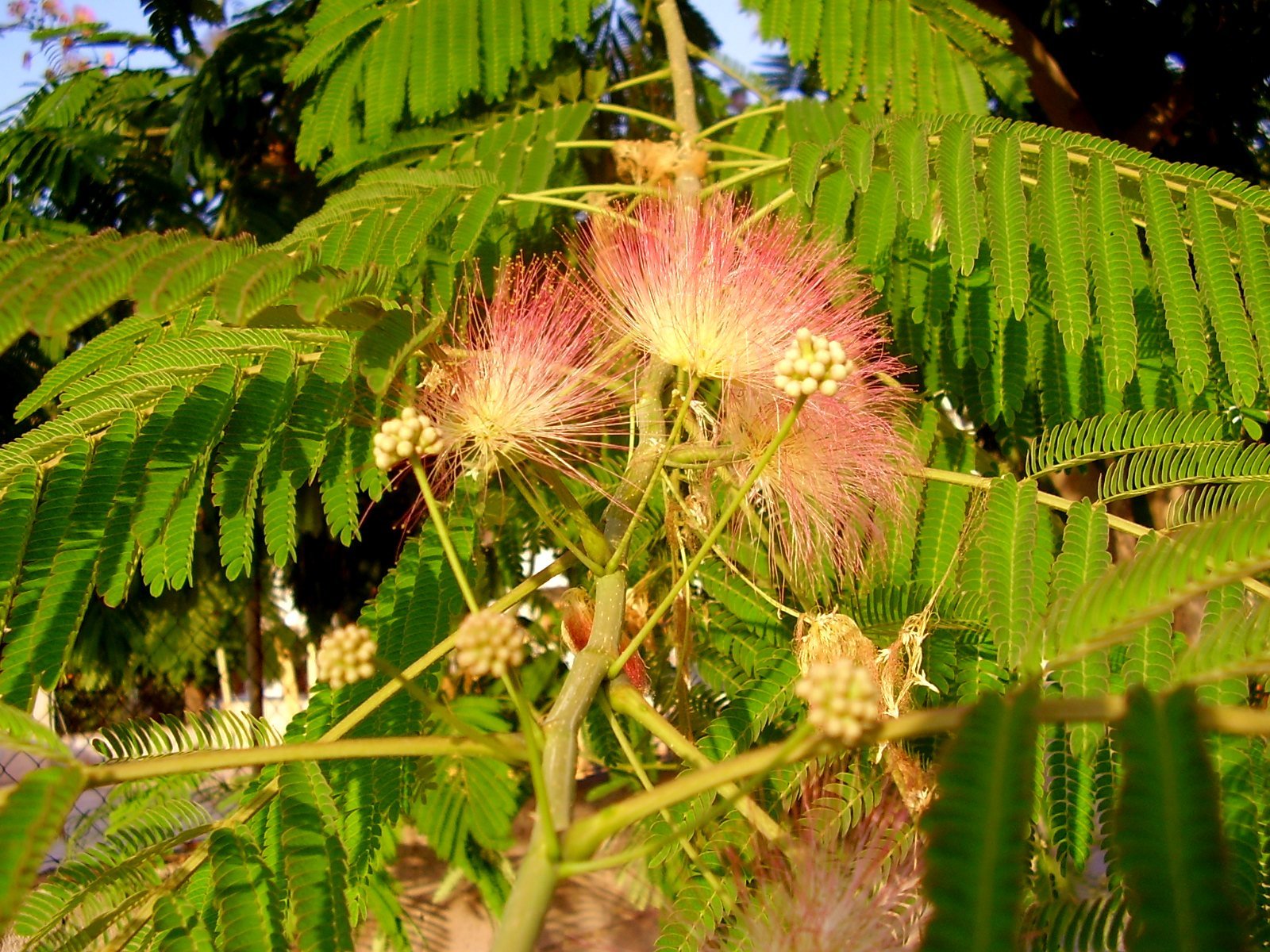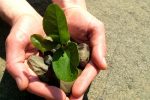Importing Plants and Seeds
It is very common to get the desire to bring plants and seeds to cultivate when travelling abroad. However, imported plants can pose certain risks to its new country. Ecosystems can get upset by introducing new species, and there is also a risk of importing various pests and diseases. Some of these diseases can also be harmful to humans. Luckily, seeking medical attention is easy nowadays with services like livi.co.uk, that can provide an online consultation in minutes. It is nevertheless vital that the importers take their responsibility seriously, by reading up on the import requirements that apply.

Follow the Laws
As part of the efforts to preserve ecosystems, countries within the EU have established laws to regulate this issue. Individuals are poised to recognize these risks and follow the stipulated laws imposed by their governments. The amount and types of plants and seeds an individual is allowed to bring across borders will usually depend on several factors.
In general, if an individual wants to transport a large number of plants, he or she must first seek consent from the appropriate authority. The authorities in charge will advise appropriately on quantity and requirements. The requirements that apply depend on the plant species and the countries involved. On the other hand, small quantities of certain plants will normally just require a Phytosanitary Certificate. The Phytosanitary Certificates are usually issued by the plant protection service of the exporting country, and will typically specify that the products are free of pests, diseases, and soil. The Phytosanitary Certificate must be obtained before the transportation, as it is to be handed to customs upon arrival. Information about this topic is typically available on government websites.
Importing from Another EU Country
Individuals traveling within the European Union can freely move plants and plant products. There are no checkpoints for plants or plant products when travelling between member states. However, there are a few exceptions to this rule. One example of this is Norway, which has established some upper limits allowed to import of certain products. Individuals are allowed to carry up to 10 kilograms of fruit, berries and vegetables, and up to 50 packets of seeds without a permit. Quantities exceeding these limits would require a Phytosanitary Certificate. Potatoes, which often carry pests and diseases, can only be brought into Norway with a special permit.
Importing from Non-EU Countries
Several plant species are not allowed to bring into the EU. Government websites will provide lists of what is banned, in addition to what is considered low risk. Species in the “low risk” category can usually be imported with the standard Phytosanitary Certificate issued by the exporting country. Importers must also be careful to check the quantity limits when exporting from non-EU countries.








